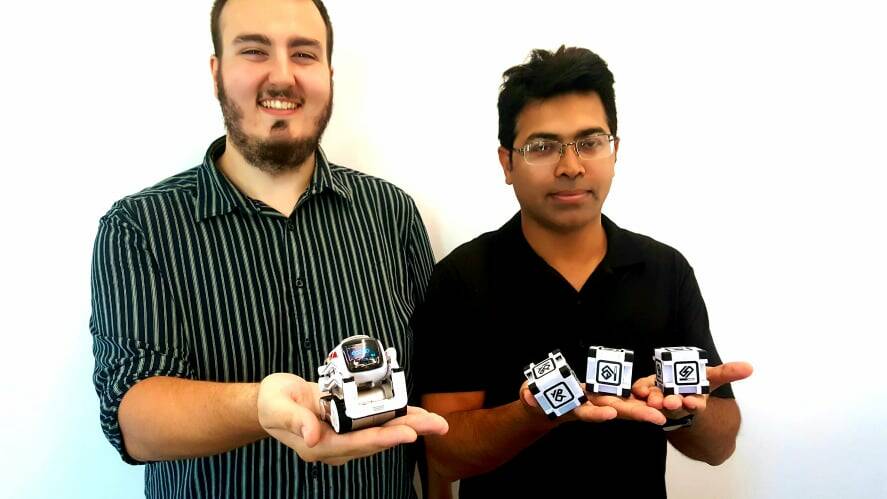
A new research study starting in Port Macquarie is hoping to combat loneliness among older lesbian, gay, bisexual and intersex (LGBT+) people.
Subscribe now for unlimited access.
or signup to continue reading
Around 11 percent of the population identify as LGBT+ according to the Australian Human Rights Commission, but relationships between people over the age of 65 make up only 0.1 percent of LGBT+ relationships.
Older Australians experience higher rates of loneliness compared to the general elderly population and the Australian Research Centre in Sex, Health and Society said that as many as 80 percent of LGBT+ elderly go "back into the closet" when entering a senior living community.
Computer science PhD candidate, Adam Poulsen, is researching how care robots can be specifically programmed to help older LGBT+ people deal with loneliness.
"The cause of this loneliness is social isolation brought on by the fears of ageing as an LGBT+ person due to a history of discrimination and limited recognition of unique LGBT+ needs," Adam said.
"Most people fear ageing, but the fears of LGBT+ persons are compounded by their disposition. These fears create unique needs, which if not addressed, cause social isolation and loneliness.
"We want to see if we can help link people back together and help build or rebuild those connections with others."
The idea behind the care robots is to help facilitate social interaction specific to the individual person.
Adam said this might include having face recognition built into the robot or creating a robot that can help two isolated people have a video link conversation.
"An example of such a need might be an LGBT+ elders' desire to not have caregivers assume their gender identity, sexual orientation, or relationship status," he said.
"Failing to recognise such needs may lead to a someone being socially isolated, either voluntarily or involuntarily.
"Fearing that their needs will not be met, research suggests as many as 80 percent of LGBT+ elders hide their disposition upon entering a senior living community.
"Having greater sensitivity from healthcare service providers would address LGBT+ needs."
Adam said that while robot technology does exist he wants to explore whether care robots can take into consideration an individual's values and customs.
"Studies show that LGBT+ elders are experiencing higher rates of loneliness compared to the general elderly population," he said.
"Care robots might be a solution, however, current care robots are only capable of standardised care and thus a new care robot design approach is needed.
"In this study, we are using a new approach to identify the unique healthcare needs and values of LGBT+ elders experiencing loneliness.
"Then, following the same approach, we are using those values to design personalised, 'loneliness-busting' care robots to ensure that they provide good, person-centred, value sensitive care."
Working out of Charles Sturt University, Port Macquarie campus, Adam Poulsen leads this study with the assistance and supervision of Dr. Oliver Burmeister, Dr. Anwaar Ul-Haq, and Dr. David Tien.
The research team are now at the stage of recruiting LGBT+ persons over 65 who have some experience with loneliness to participate in the study.
As a part of its research narrative, Charles Sturt University wants to engage with local communities and make positive and inclusive impacts on the health and wellbeing of its members.
This study follows the same narrative by engaging with LGBT+ elders within our community and aiming to understand how to help them engage with the broader community through care robots.
"We are now ready to connect with older LGBT+ people who would be willing to help us in our research.
"If you would like to be part of the study please get in touch."
To take part in the study email Adam Poulsen at apoulsen@csu.edu.au or click here for more information.
What else is making news?
While you're with us, you can now receive updates straight to your inbox from the Port Macquarie News. To make sure you're up to date with all the news, SIGN UP HERE.


